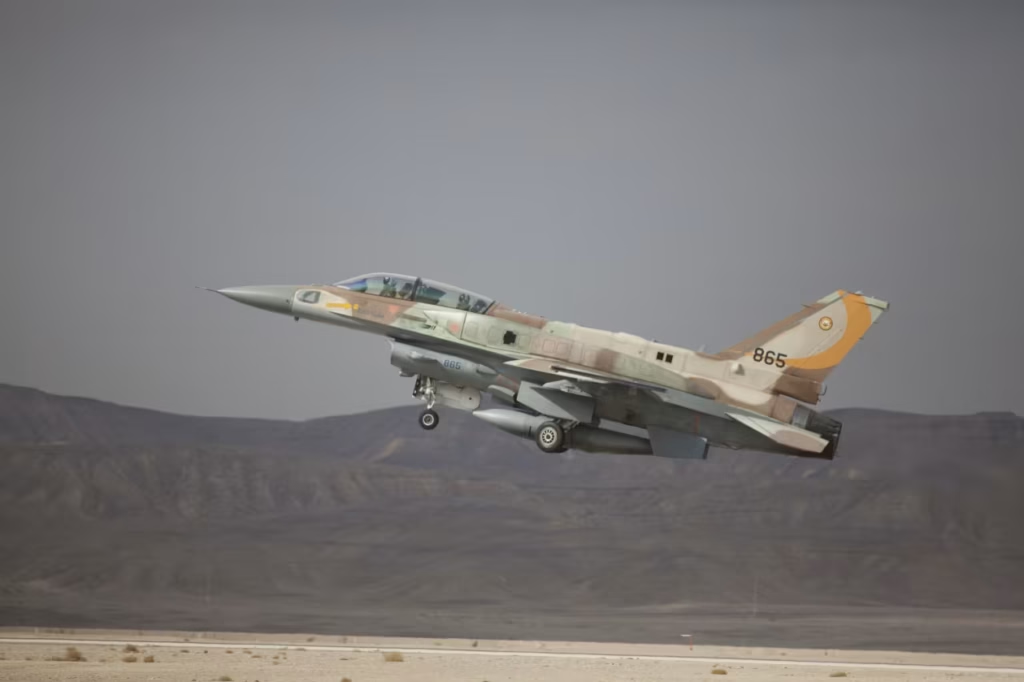Following a report that Israel is preparing for a potential strike against Iran’s nuclear facilities, crude oil prices increased Tuesday evening.
The U.S. has received intelligence indicating Israel is preparing for a possible airstrike on Iranian nuclear sites, including munitions shipments and air drills, CNN said, citing several U.S. officials.
Tuesday night saw a quick 3.5% increase in West Texas Intermediate crude futures for July (CLN25), breaking above $64 per barrel, before resettling at about $63 per barrel, up 1.6%. Last time out, Brent crude for July (BRNN25) hit $66 a barrel, up 1.5%.
An Israeli strike might escalate Middle East tensions once further, raising the possibility of a regional conflict and possibly halting the world’s oil supply.
According to figures from the International Energy Agency, Iran produces 3.3 million barrels of petroleum per day, the third-largest amount among OPEC countries and its highest level in five years, despite Western sanctions.
CNN reported that Israel had yet to decide whether to launch an attack, stating that the Israeli government’s assessment of the Trump administration’s revived negotiations with Iran is likely to have an impact on the decision.
The Trump administration’s attempts to negotiate a new nuclear agreement with Iran would be undermined by an attack. During a visit to Qatar last week, President Donald Trump stated, “We’re getting close to maybe doing a deal” without using force. However, according to Bloomberg News, Iran’s Supreme Leader Ayatollah Ali Khamenei described the Trump administration’s most recent demands as “outrageous” early Tuesday and stated that a deal was improbable.
Although Israel and Iran have been engaged in covert and proxy conflicts for many years, there has rarely been actual armed conflict. However, throughout the past year, that has altered. Following a reported Israeli airstrike that struck an Iranian consular building in Syria in April 2024, Iran conducted a large missile attack on Israel, the majority of which were intercepted. Iran responded to Israel’s foray into southern Lebanon in October by firing scores of missiles at Israel, but this time the damage was minimal. Israel retaliated by attacking Iranian military targets with warplanes.





